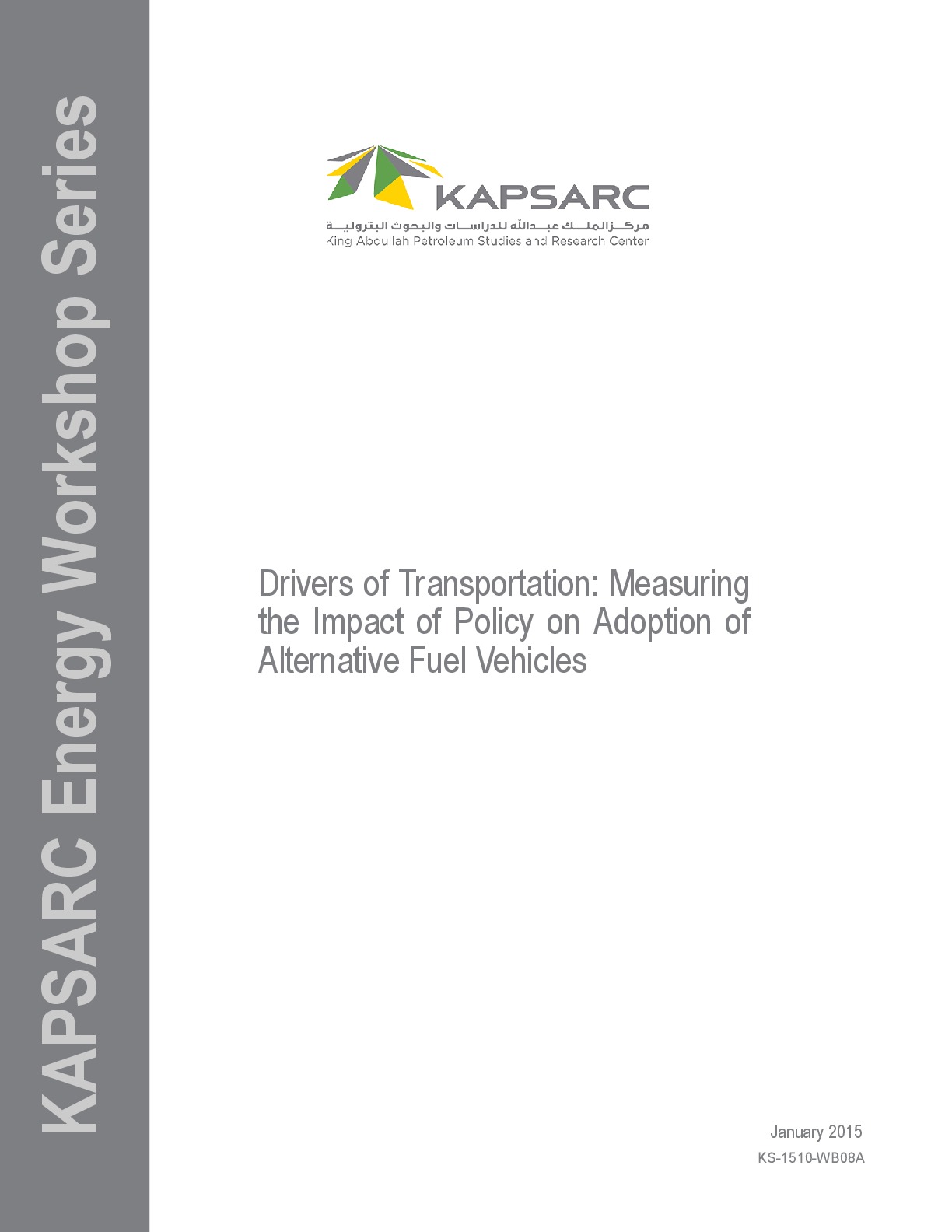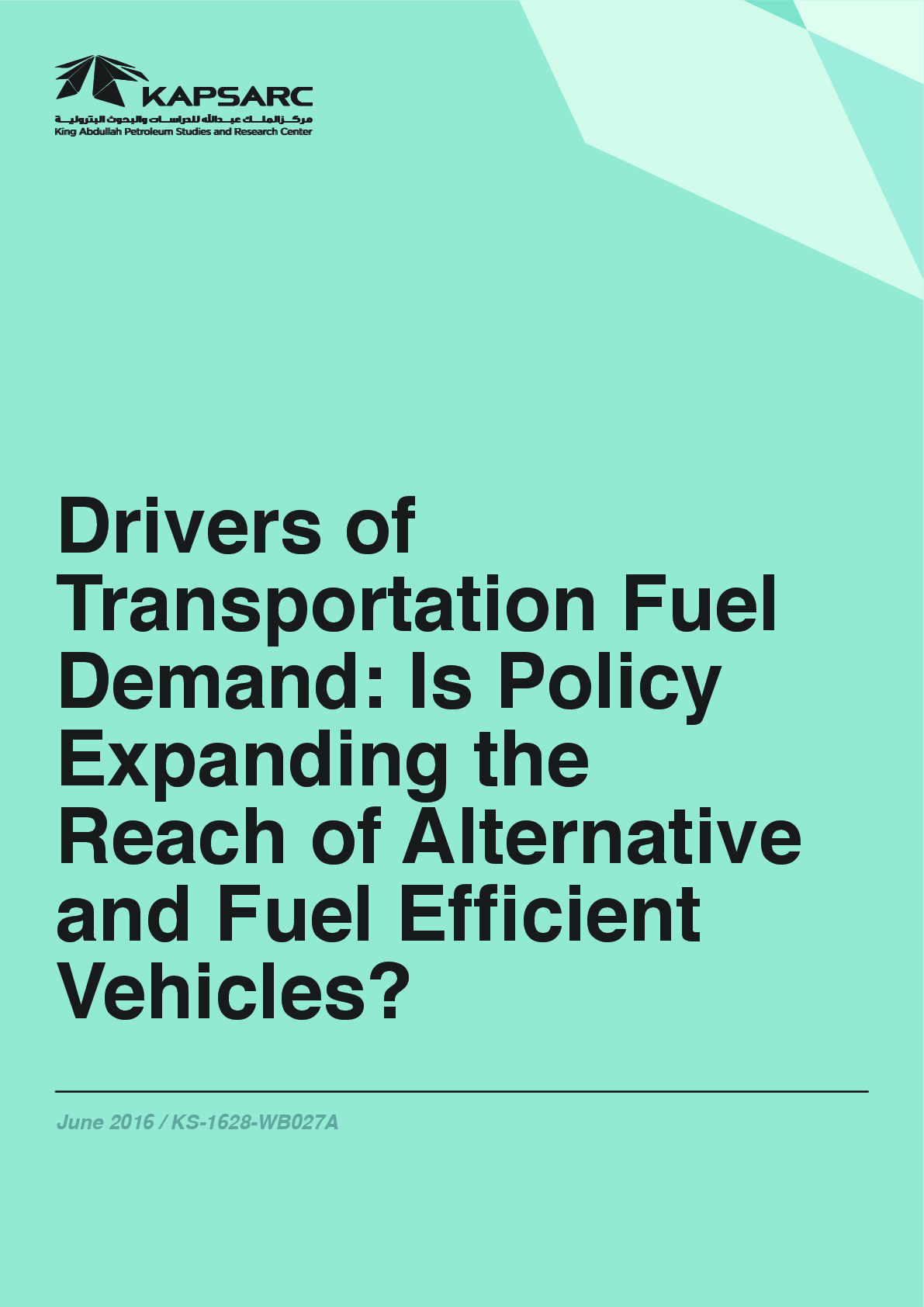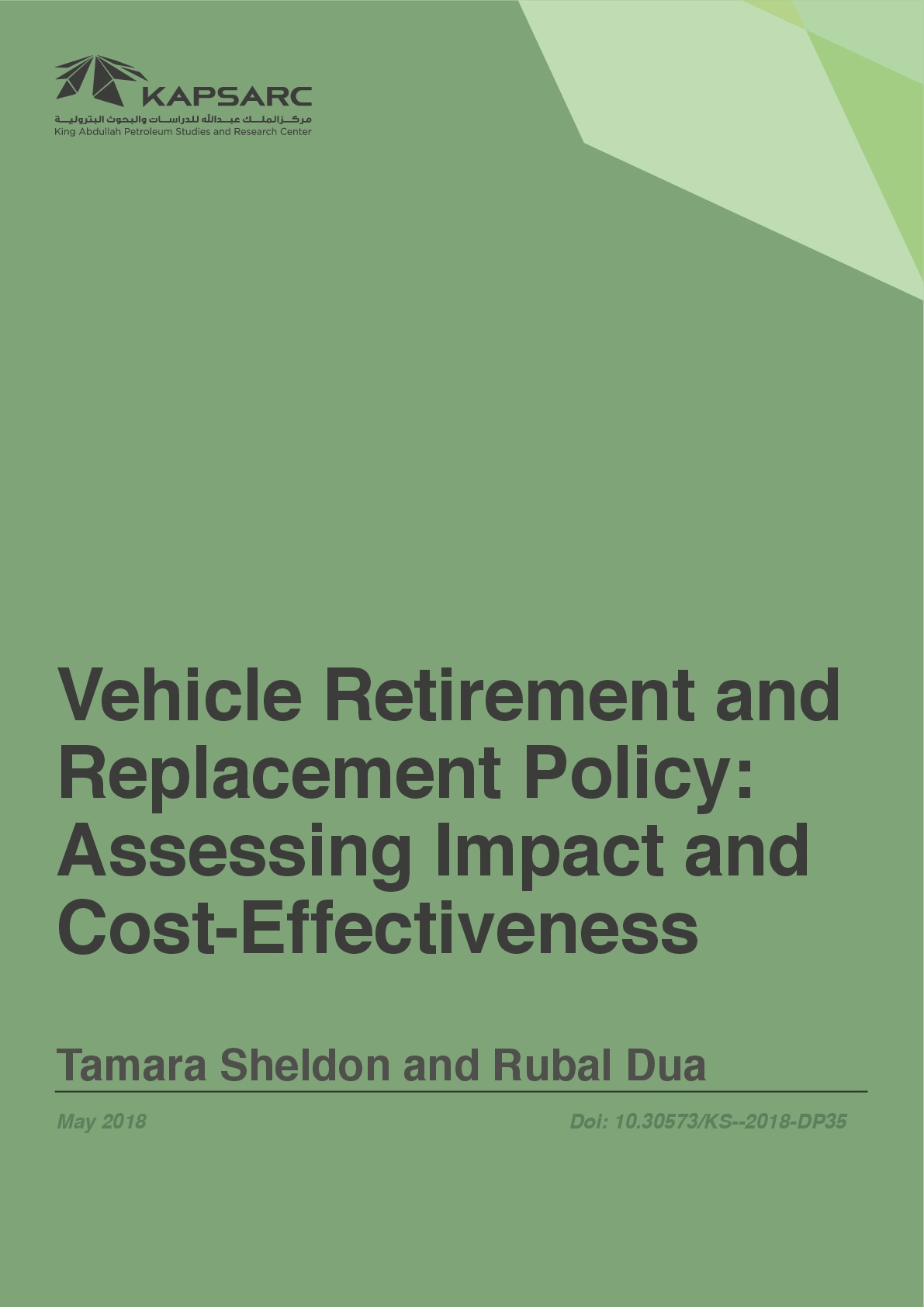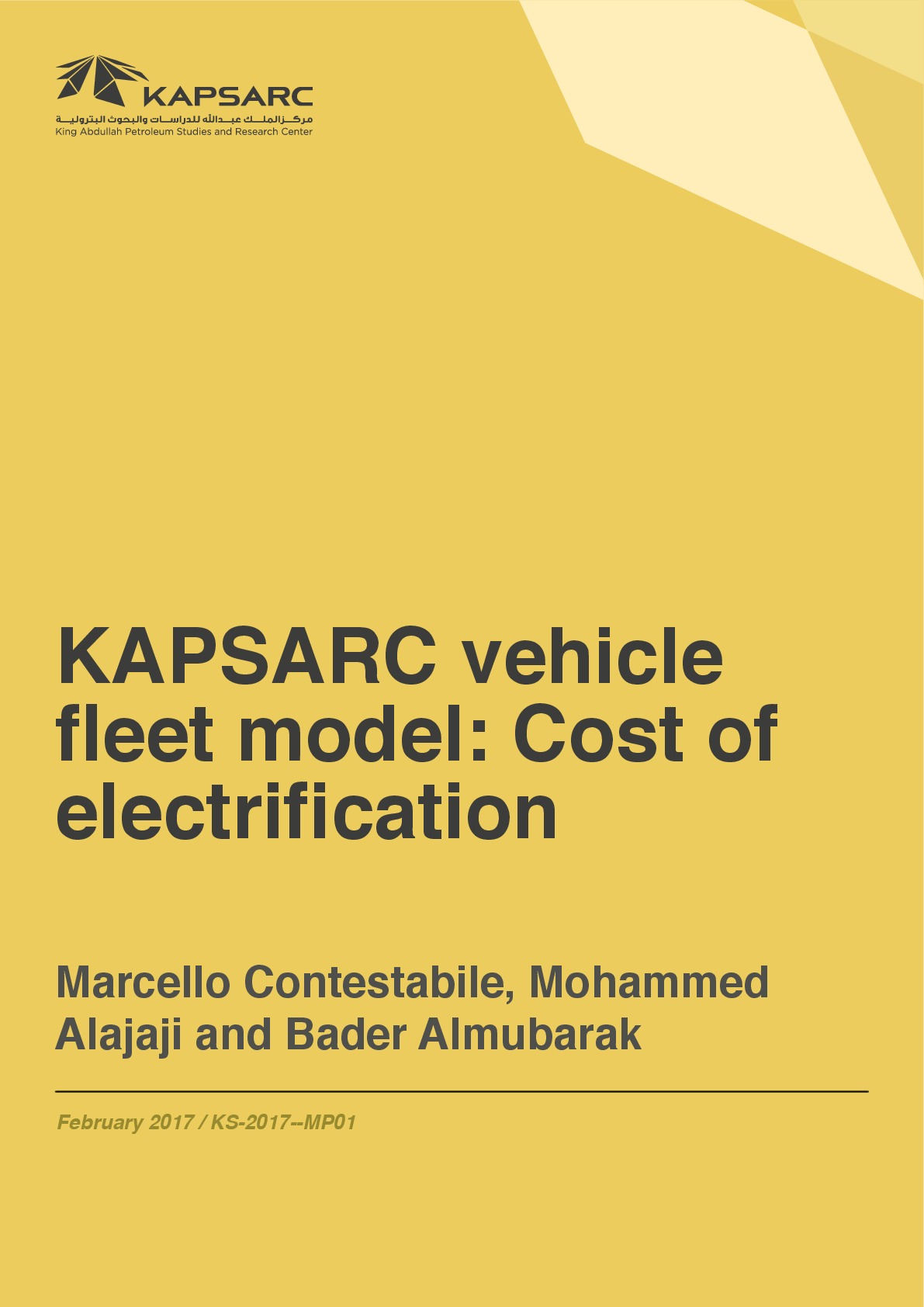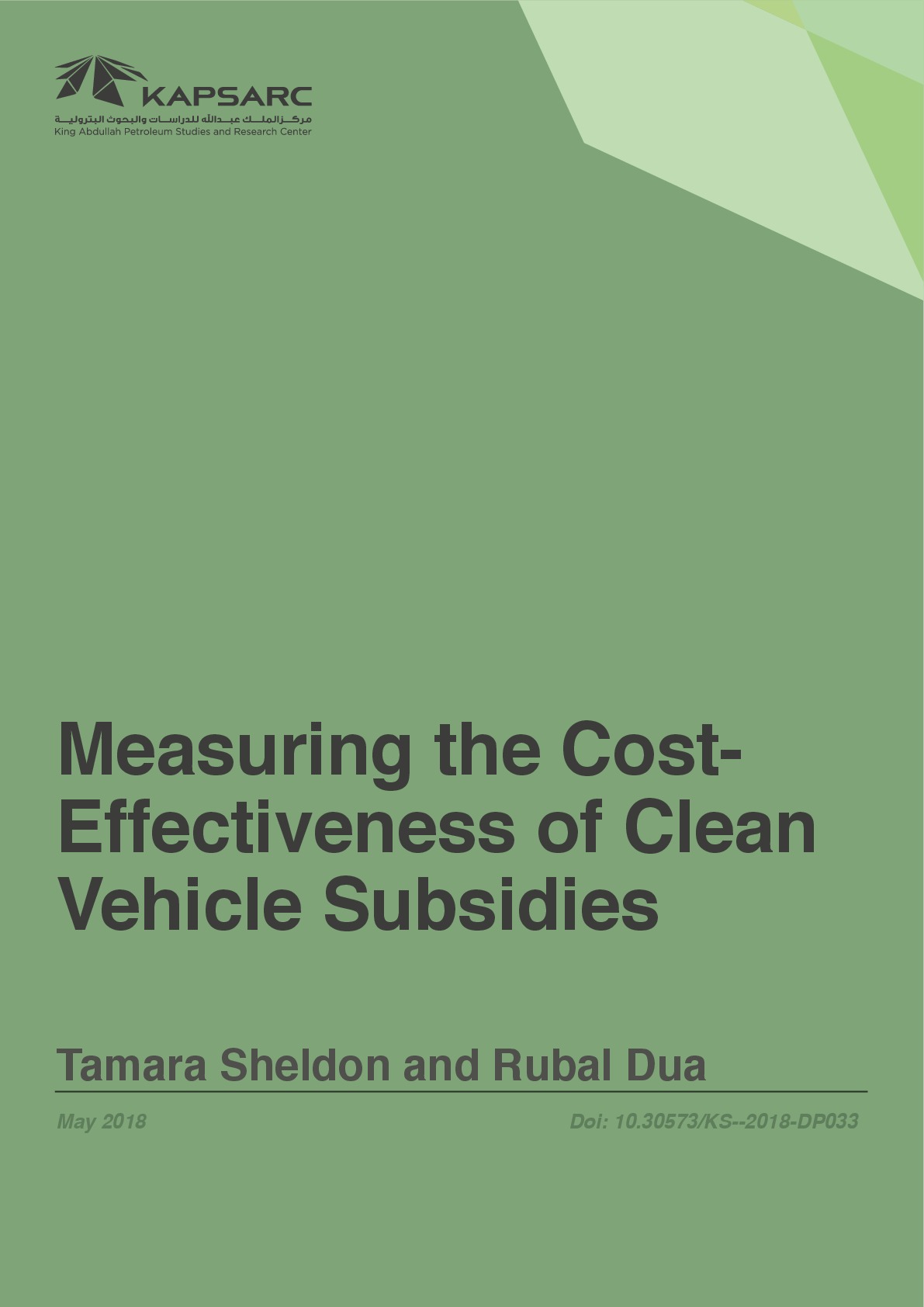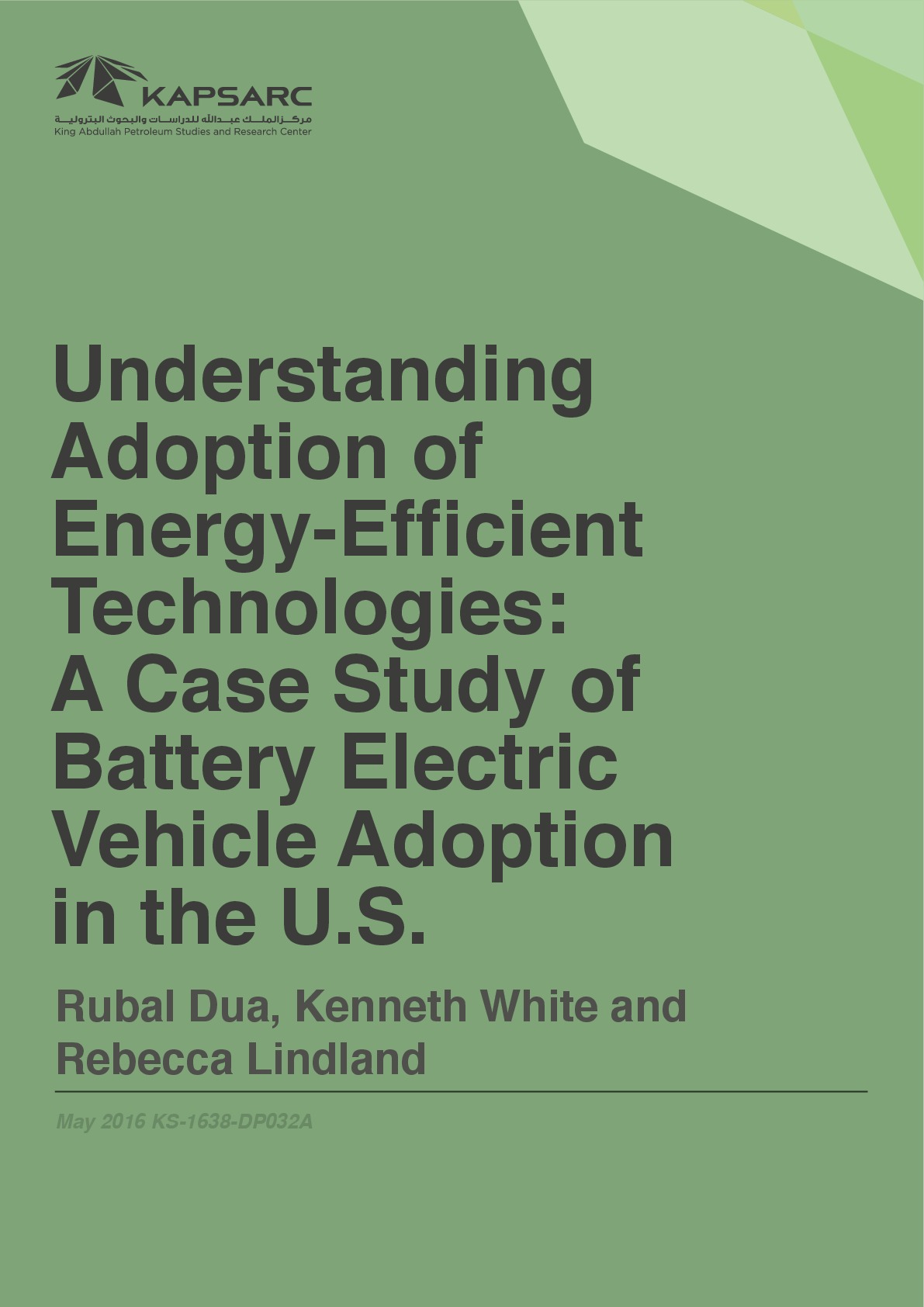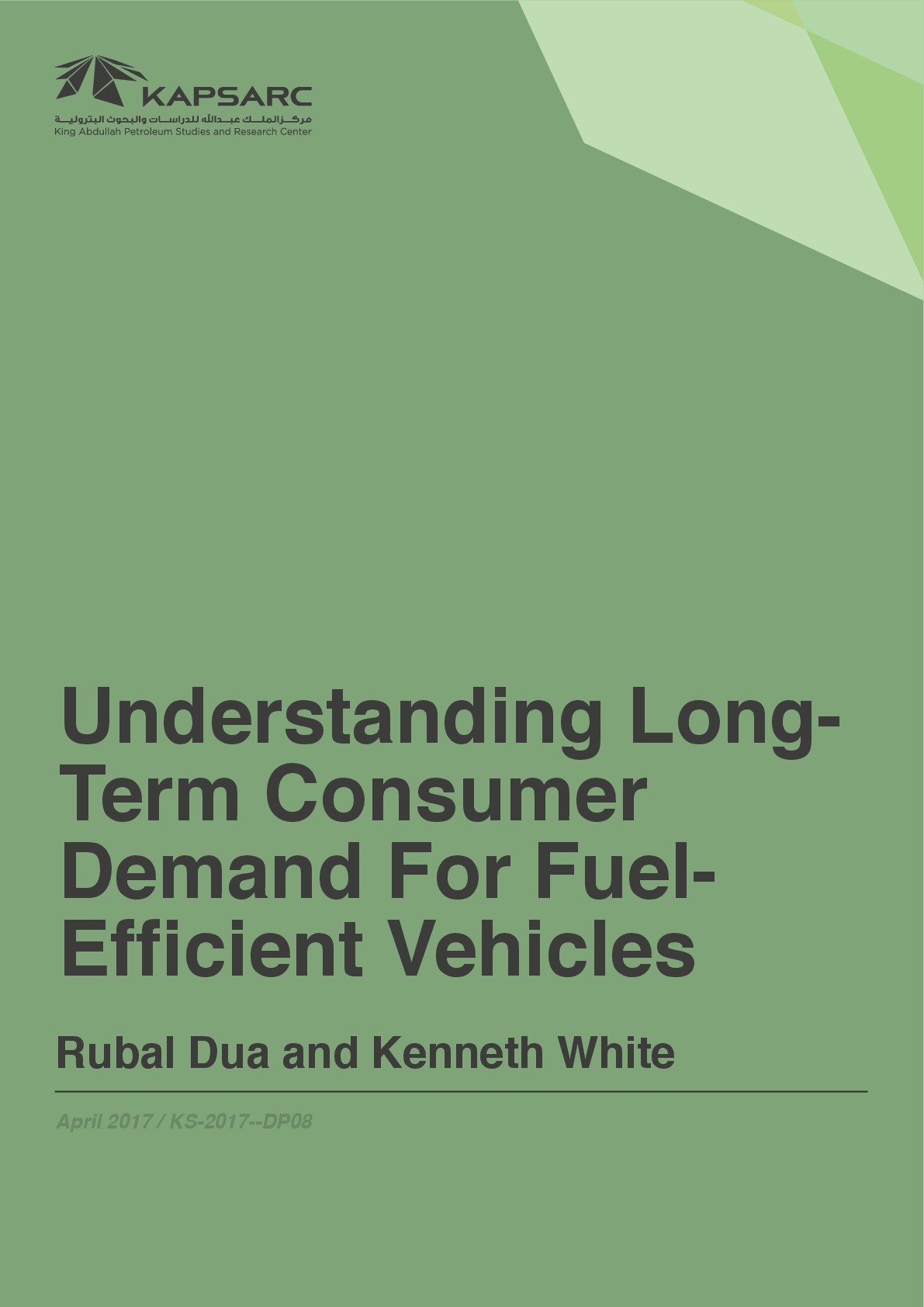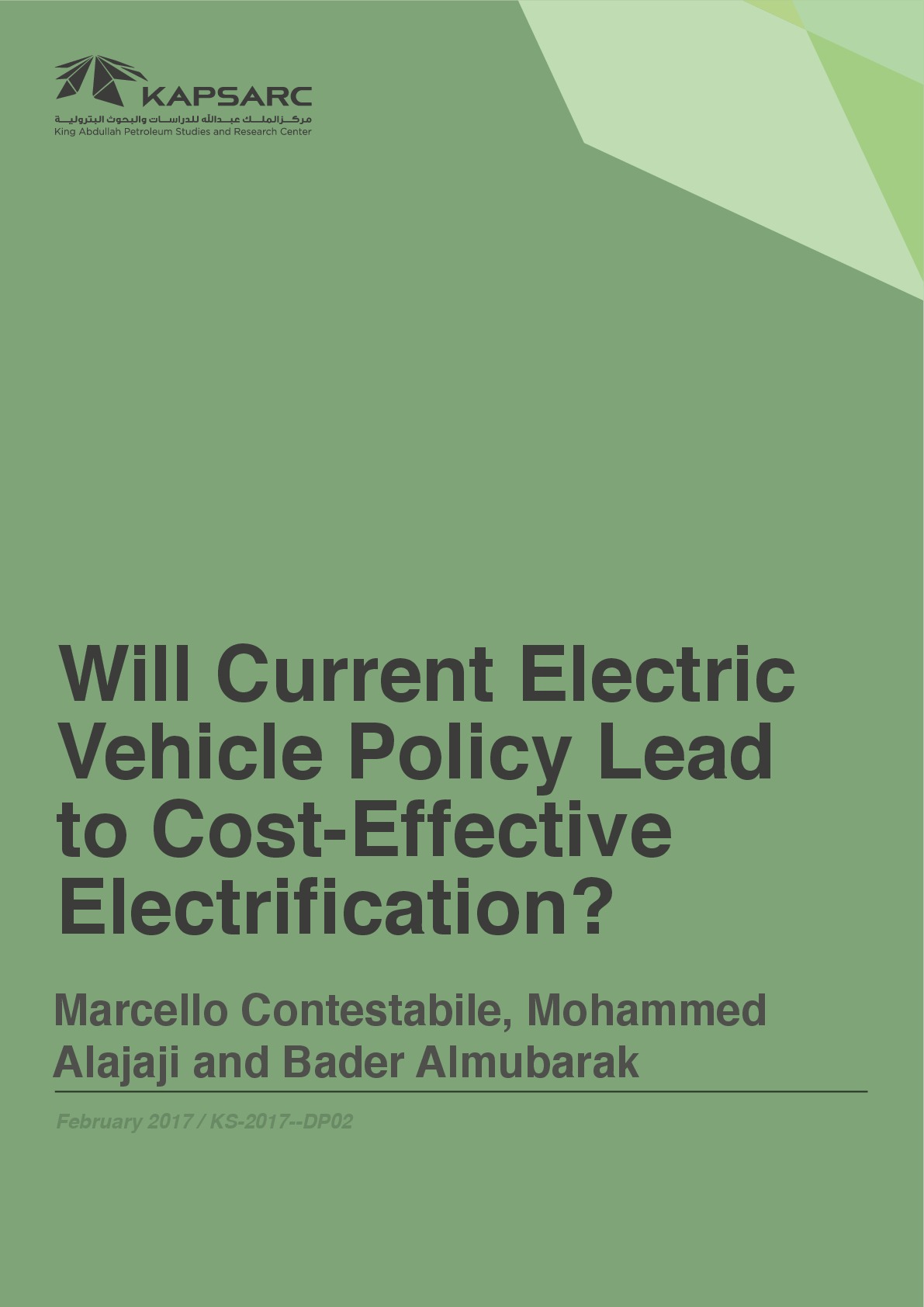Without the option to purchase plug-in electric and/or hybrid vehicles, conventional counterfactuals used in literature may underestimate the fuel savings from clean vehicle adoption, thus overestimating the costs of securing associated environmental benefits. Using a nationally representative sample of new car purchases in the U.S., a vehicle choice model-based counterfactual approach is proposed that allows for the prediction of what consumers would purchase if these clean vehicles were unavailable. The cost of demand-side policies in the form of financial incentives to encourage plug-in electric vehicle adoption is estimated.


